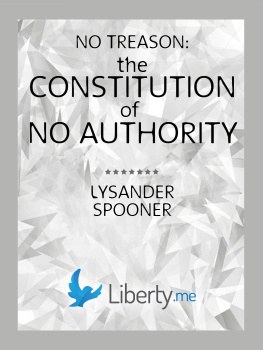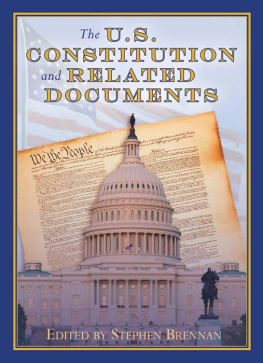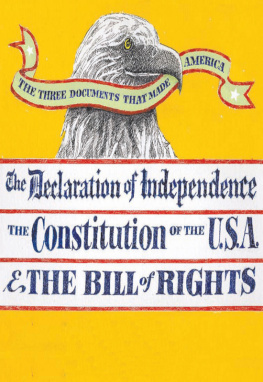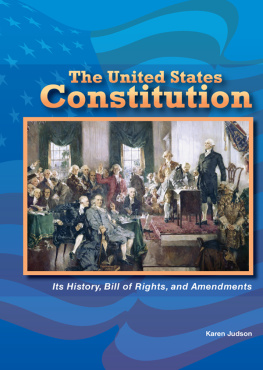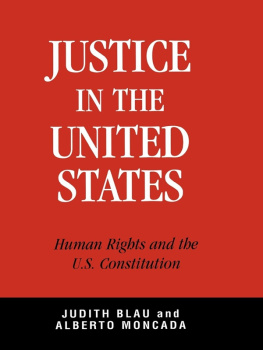Table of Contents
No Treason, No. I
Introductory
The question of treason is distinct from that of slavery; and is the same that it would have been, if free States, instead of slave States, had seceded.
On the part of the North, the war was carried on, not to liberate the slaves, but by a government that had always perverted and violated the Constitution, to keep the slaves in bondage; and was still willing to do so, if the slaveholders could be thereby induced to stay in the Union.
The principle, on which the war was waged by the North, was simply this: That men may rightfully be compelled to submit to, and support, a government that they do not want; and that resistance, on their part, makes them traitors and criminals.
No principle, that is possible to be named, can be more self-evidently false than this; or more self-evidently fatal to all political freedom. Yet it triumphed in the field, and is now assumed to be established. If it be really established, the number of slaves, instead of having been diminished by the war, has been greatly increased; for a man, thus subjected to a government that he does not want, is a slave. And there is no difference, in principlebut only in degreebetween political and chattel slavery. The former, no less than the latter, denies a mans ownership of himself and the products of his labor; and [iv] asserts that other men may own him, and dispose of him and his property, for their uses, and at their pleasure.
Previous to the war, there were some grounds for saying thatin theory, at least, if not in practiceour government was a free one; that it rested on consent. But nothing of that kind can be said now, if the principle on which the war was carried on by the North, is irrevocably established.
If that principle be not the principle of the Constitution, the fact should be known. If it be the principle of the Constitution, the Constitution itself should be at once overthrown.
No. 1
I.
Notwithstanding all the proclamations we have made to mankind, within the last ninety years, that our government rested on consent, and that that was the only rightful basis on which any government could rest, the late war has practically demonstrated that our government rests upon forceas much so as any government that ever existed.
The North has thus virtually said to the world: It was all very well to prate of consent, so long as the objects to be accomplished were to liberate ourselves from our connexion with England, and also to coax a scattered and jealous people into a great national union; but now that those purposes have been accomplished, and the power of the North has become consolidated, it is sufficient for usas for all governmentssimply to say: Our power is our right.
In proportion to her wealth and population, the North has probably expended more money and blood to maintain her power over an unwilling people, than any other government ever did. And in her estimation, it is apparently the chief glory of her success, and an adequate compensation for all her own losses, and an ample justification for all her devastation and carnage of the South, that all pretence of any necessity for consent to the perpetuity or power of the government, is (as she thinks) forever expunged from the minds of the people. In short, the North exults beyond measure in the proof she has given, that a government, professedly resting on consent, will expend more life and treasure in crushing dissent, than any government, openly founded on force, has ever done.
And she claims that she has done all this in behalf of liberty! In behalf of free government! In behalf of the principle that government should rest on consent!
If the successors of Roger Williams, within a hundred years after their State had been founded upon the principle of free religious toleration, and when the Baptists had become strong on the credit of that principle, had taken to burning heretics with a fury never before seen among men; and had they finally gloried in having thus suppressed all question of the truth of the State religion; and had they further claimed to have done all this in behalf of freedom of conscience, the inconsistency between profession and conduct would scarcely have been greater than that of the North, in carrying on such a war as she has done, to compel men to live under and support a government that they did not want; and in then claiming that she did it in behalf of the principle that government should rest on consent.
This astonishing absurdity and self-contradiction are to be accounted for only by supposing, either that the lusts of fame, and power, and money, have made her utterly blind to, or utterly reckless of, the inconsistency and enormity of her conduct; or that she has never even understood what was implied in a governments resting on consent. Perhaps this last explanation is the true one. In charity to human nature, it is to be hoped that it is.
II.
What, then, is implied in a governments resting on consent?
If it be said that the consent of the strongest party, in a nation, is all that is necessary to justify the establishment of a government that shall have authority over the weaker party, it may be answered that the most despotic governments in the world rest upon that very principle, viz: the consent of the strongest party. These governments are formed simply by the consent or agreement of the strongest party, that they will act in concert in subjecting the weaker party to their dominion. And the despotism, and tyranny, and injustice of these governments consist in that very fact. Or at least that is the first step in their tyranny; a necessary preliminary to all the oppressions that are to follow.
If it be said that the consent of the most numerous party, in a nation, is sufficient to justify the establishment of their power over the less numerous party, it may be answered:
First. That two men have no more natural right to exercise any kind of authority over one, than one has to exercise the same authority over two. A mans natural rights are his own, against the whole world; and any infringement of them is equally a crime, whether committed by one man, or by millions; whether committed by one man, calling himself a robber, (or by any other name indicating his true character,) or by millions, calling themselves a government.
Second. It would be absurd for the most numerous party to talk of establishing a government over the less numerous party, unless the former were also the strongest, as well as the most numerous; for it is not to be supposed that the strongest party would ever submit to the rule of the weaker party, merely because the latter were the most numerous. And as matter of fact, it is perhaps never that governments are established by the most numerous party. They are usually, if not always, established by the less numerous party; their superior strength consisting in their superior wealth, intelligence, and ability to act in concert.
Third. Our Constitution does not profess to have been established simply by the majority; but by the people; the minority, as much as the majority.
Fourth. If our fathers, in 1776, had acknowledged the principle that a majority had the right to rule the minority, we should never have become a nation; for they were in a small minority, as compared with those who claimed the right to rule over them.
Fifth. Majorities, as such, afford no guarantees for justice. They are men of the same nature as minorities. They have the same passions for fame, power, and money, as minorities; and are liable and likely to be equallyperhaps more than equally, because more boldlyrapacious, tyrannical and unprincipled, if intrusted with power. There is no more reason, then, why a man should either sustain, or submit to, the rule of a majority, than of a minority. Majorities and minorities cannot rightfully be taken at all into account in deciding questions of justice. And all talk about them, in matters of government, is mere absurdity. Men are dunces for uniting to sustain any government, or any laws, except those in which they are all agreed. And nothing but force and fraud compel men to sustain any other. To say that majorities, as such, have a right to rule minorities, is equivalent to saying that minorities have, and ought to have, no rights, except such as majorities please to allow them.




